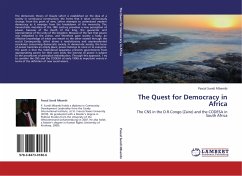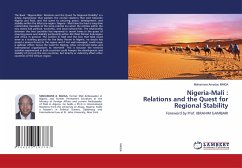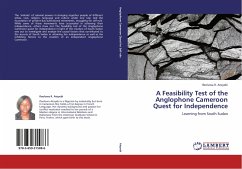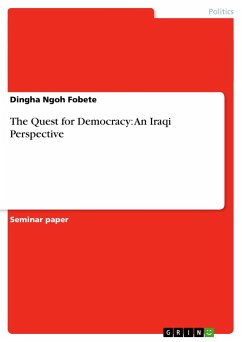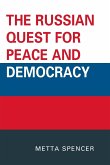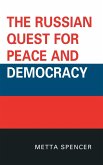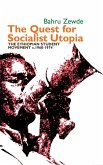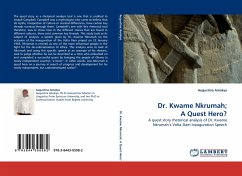The democratic theory of Claude Lefort is established on the idea of a society in continuous construction; the forms that it takes continuously change. From this point of view, Lefort attempts to understand modern democracy as it emerges from the breakdown of the monarchy. The monarchistic mutation of the 18th century provokes a new perception of power, because of the death of the king, the guarantor and representative of the unity of the kingdom. Because of the fact that power was embodied in the prince, and therefore gave society a body, an effective knowledge of what one meant to the other existed through the social. Consequently, Lefort draws a revolutionary and unprecedented conclusion concerning democratic society. In democratic society, the locus of power becomes an empty place; power belongs to none or to everyone. The point is that the institutional apparatus prevents governments from appropriating power for their own ends; the exercise of power is subject to the procedures of periodical redistribution. Through this approach, I try to consider the CNS and the CODESA of early 1990s as important events in terms of the definition of new social visions.
Bitte wählen Sie Ihr Anliegen aus.
Rechnungen
Retourenschein anfordern
Bestellstatus
Storno

